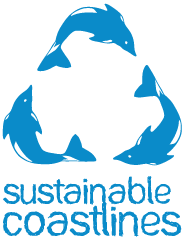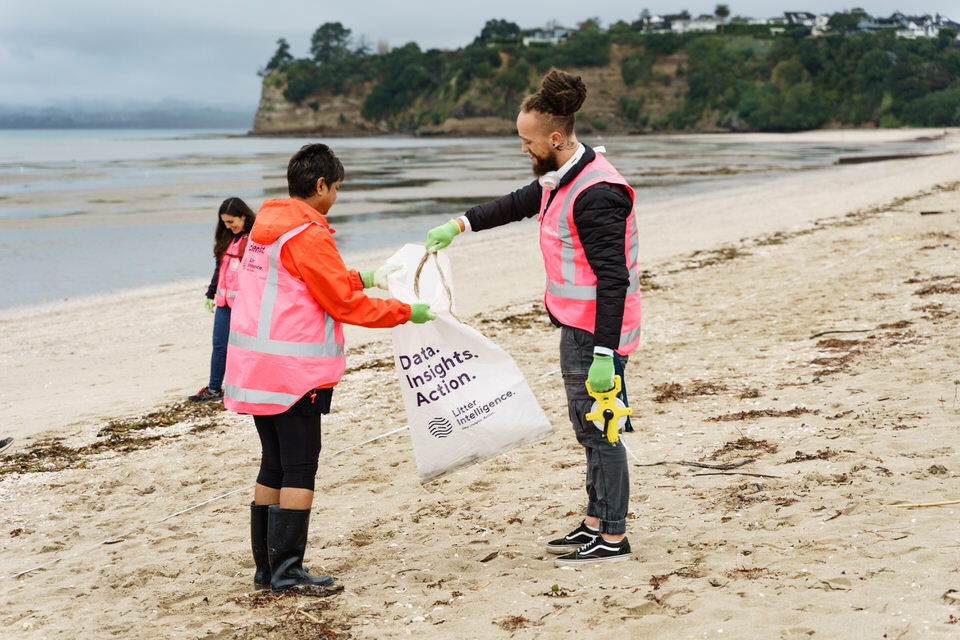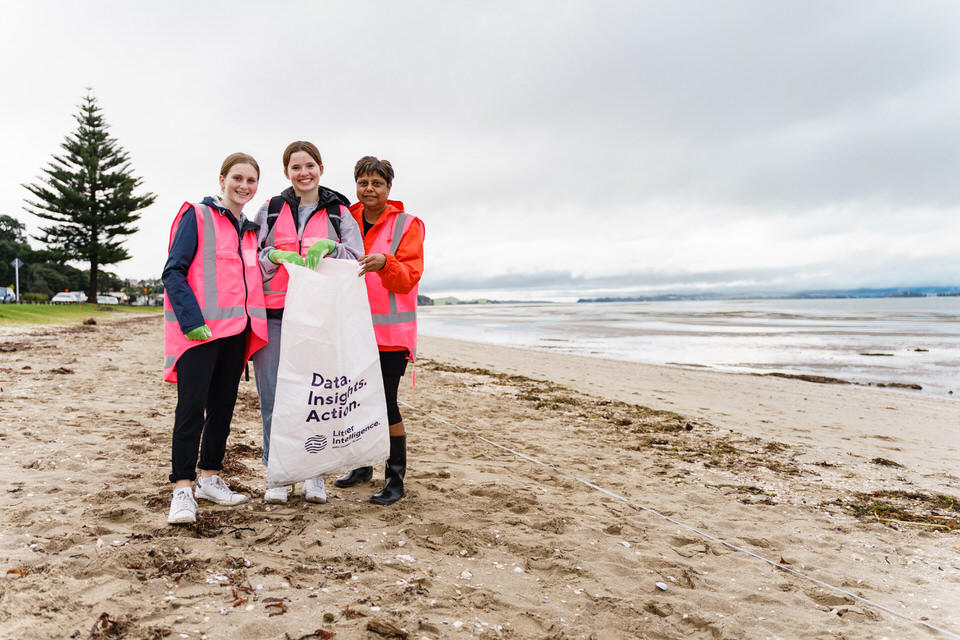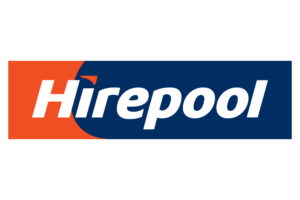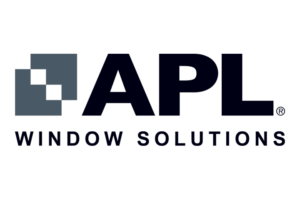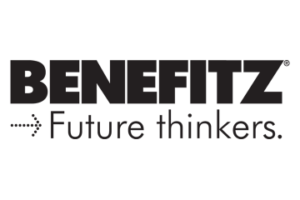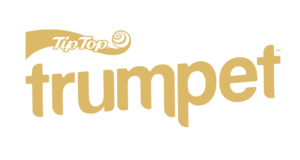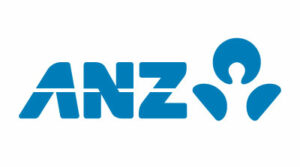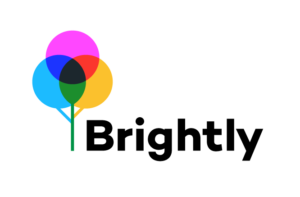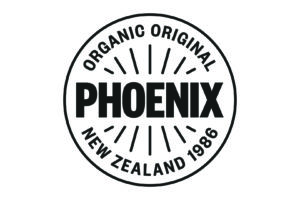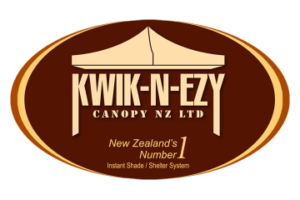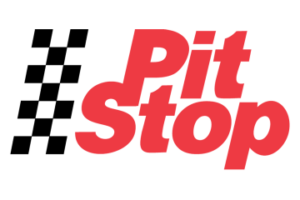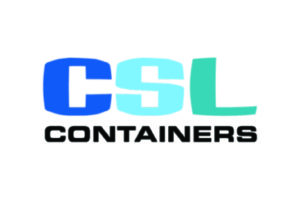Government continues support for groundbreaking litter data
on the build-up of plastic in our environment
New Zealand’s first national coastal litter database, Litter Intelligence, was first launched in 2018 by Sustainable Coastlines, as part of a three-year deed with the Ministry for the Environment (MfE). In light of the success of the programme, the government has awarded a one-year extension to continue the much needed data collection to help inspire action and work towards a litter-free Aotearoa.
Litter Intelligence is a long-term initiative to help solve the plastic-pollution problem and uses innovative, open-source technology to collect data, provide powerful insights and inspire action. It is helping to build a better understanding of the plastic problem, and has already been used for individual actions, community-led solutions, informing policy and environmental reporting.
Sustainable Coastlines engages with communities around the country and thoroughly trains citizen scientists to collect data on litter while simultaneously inspiring solutions through its nationwide school education programmes and interactive website, insights.litterintelligence.org
Litter Intelligence programme manager, Shawn Elise Tierney says the organisation is really proud of the work they’ve achieved since Litter Intelligence launched in 2018. To date, Litter Intelligence has completed 1,000 surveys of beach, freshwater & stormwater sites across 300 survey areas through 12,535 volunteer hours. It also won the Tech for Good Award at the 2020 Sustainable Business Awards.
“We cannot improve what we do not measure. We launched with the Ministry for the Environment’s brilliant support, and here we continue to work together in light of the successes the programme continues to achieve, time and time again”, adds Shawn Elise.
